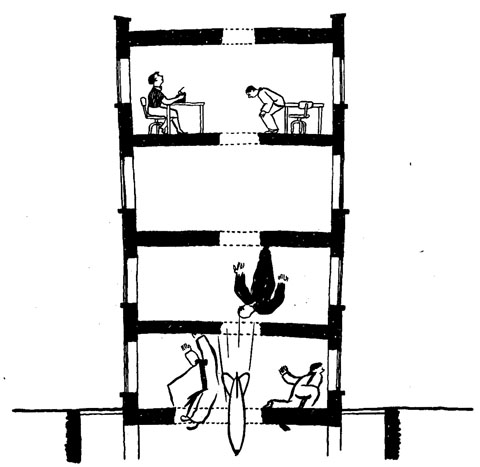Unwritten books
[Cross-posted at Revise and Dissent.] I’m often surprised by the books that historians haven’t written. The years I am researching are between two and three generations distant, yet it’s not hard to find (what seem to me to be) big, important topics which deserve to have academic monographs devoted to them, but have somehow been […]




